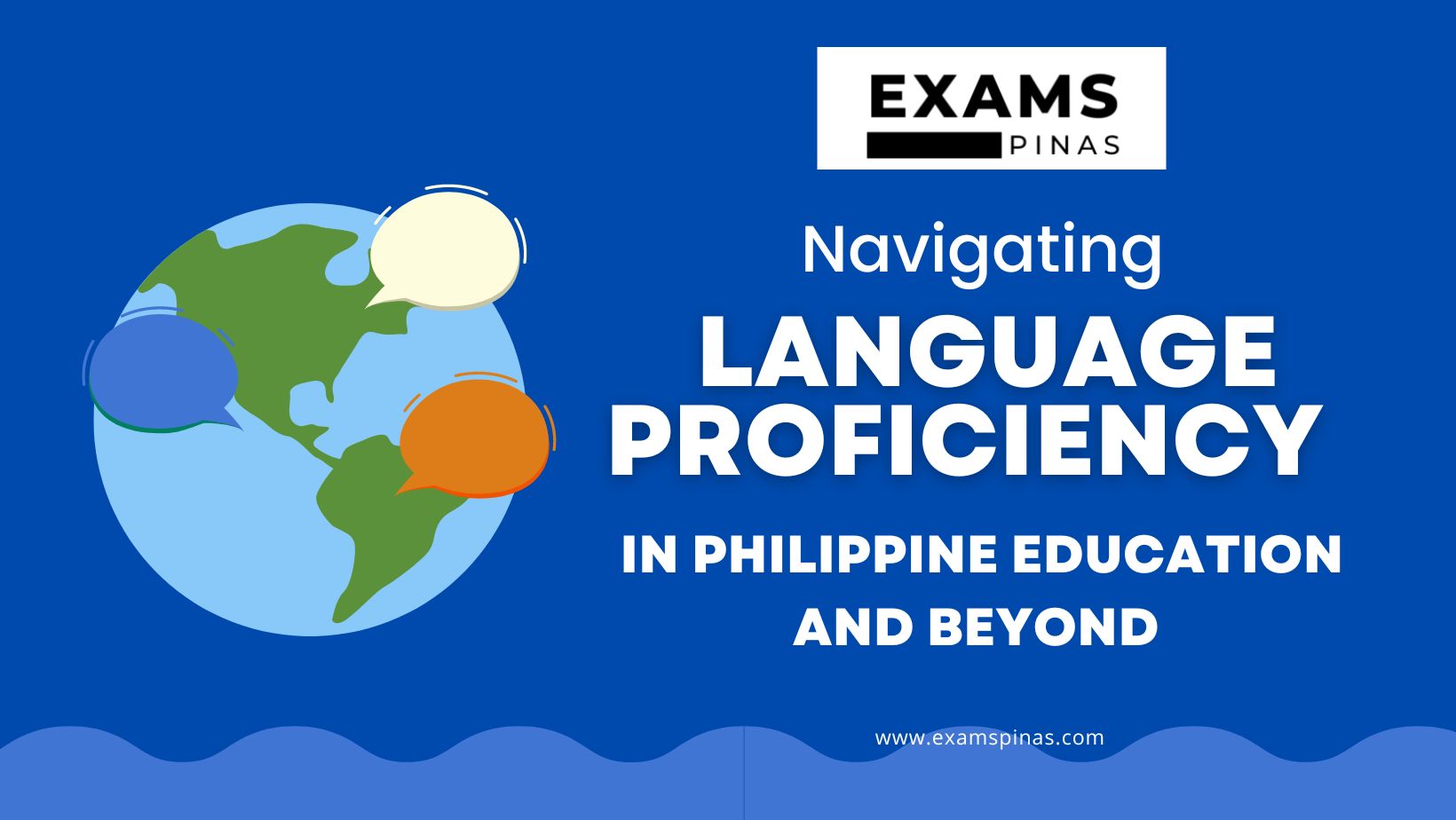In the multifaceted landscape of Philippine education, assessing language proficiency extends beyond academic contexts, especially for Filipinos aspiring to study or work abroad. Join us as we explore the dynamics of language assessments within Philippine education and their implications for Filipinos seeking opportunities abroad, amidst the backdrop of multilingualism and cultural diversity.
Understanding Language Proficiency Assessments in Philippine Education
Embracing Multilingualism
Philippine education celebrates linguistic diversity, recognizing the importance of proficiency in regional languages alongside the national language, Filipino, and English. Language assessments aim to gauge students’ abilities to communicate effectively in these diverse linguistic contexts.
Challenges and Opportunities
Assessing language proficiency in a multilingual environment presents challenges such as ensuring fairness, standardization, and inclusivity across diverse linguistic backgrounds. However, it also offers opportunities to promote cultural appreciation and preserve linguistic heritage.
Language Proficiency for Filipinos Pursuing Opportunities Abroad
Fulfilling International Requirements
Filipinos seeking educational or employment opportunities abroad often encounter language proficiency requirements, such as the TOEFL or IELTS exams for English proficiency. These assessments play a crucial role in determining eligibility for admission to universities or employment in foreign countries.
Bridging Linguistic Divides
Language proficiency exams serve as bridges, enabling Filipinos to overcome linguistic barriers and access global opportunities. Proficiency in English, in particular, opens doors to international education, career advancement, and cross-cultural communication.
Integrating Language Preparation in Philippine Education
Empowering Students for Global Success
Incorporating language preparation programs and resources into Philippine education equips students with the skills and confidence needed to excel in language proficiency exams and succeed in global environments.
Fostering Global Citizenship
Language proficiency education fosters a sense of global citizenship among Filipino learners, enabling them to engage meaningfully with diverse cultures, perspectives, and opportunities on the international stage.
Navigating Language Proficiency in a Globalized World
As Filipinos aspire to explore educational and career opportunities beyond national borders, language proficiency emerges as a critical enabler of success. By embracing linguistic diversity within Philippine education and providing support for language preparation, we empower Filipino learners to navigate the complexities of a globalized world with confidence and competence.

